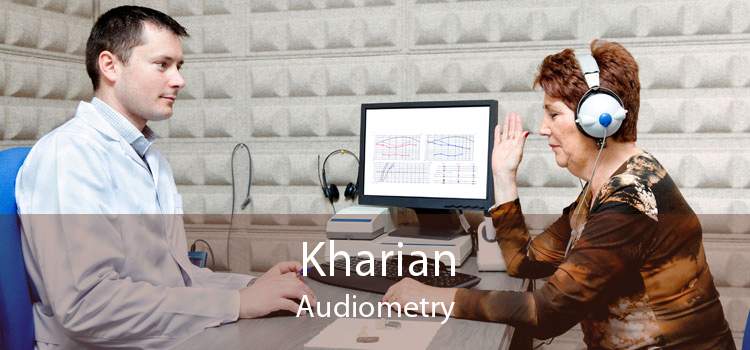Hearing loss comes with age but can affect anyone. According to a study at least 25 percent of people over 50 experience hearing loss, and 50 percent of people over 80 experience it. One way to test for hearing loss is through the use of audiometry. An audiometry exam tests how well your hearing functions. It tests both the intensity and the tone of sounds, balance issues, and other issues related to the function of the inner ear. A doctor who specializes in diagnosing and treating hearing loss called an audiologist administers the test.
The unit of measure for sound intensity is the decibel (dB). A healthy human ear can hear quiet sounds such as whispers. These are about 20 dB. A loud sound such as a jet engine is between 140 and 180 dB. The tone of a sound is measured in cycles per second. The unit of measure for tone is Hertz (Hz). Low bass tones measure around 50 Hz. Humans can hear tones between 20-20,000 Hz. Human speech generally falls in the 500-3,000 Hz range.

Why Audiometry Is Performed?
An audiometry test is performed to determine how well you can hear. This may be done as part of a routine screening or in response to a noticeable loss of hearing.
The common causes of hearing loss include:
-
Birth defects
-
Chronic ear infections
-
Inherited conditions, such as otosclerosis, which occurs when an abnormal growth of bone prevents structures within the ear from functioning properly
-
An injury to the ear
-
Inner ear diseases, such as ménière’s disease or an autoimmune disease that affect the inner ear
-
Regular exposure to loud noises
-
A ruptured eardrum
Damage to the ear or exposure to loud sounds for a long period can cause hearing loss. Sounds louder than 85 dB, such as you hear at a rock concert, can cause hearing loss after only a few hours. It’s good to use hearing protection, such as foam earplugs, if you’re exposed to loud music or industrial noise on a regular basis.
Sensorineural hearing loss occurs when hair cells in the cochlea aren’t working properly. The cochlea is the part of the ear that translates sound vibrations into nerve impulses to be sent to the brain. Sensorineural hearing loss can also occur due to damage to the nerve that carries sound information to the brain or damage to part of the brain that processes this information. This type of hearing loss is usually permanent. It can be mild, moderate, or severe.



